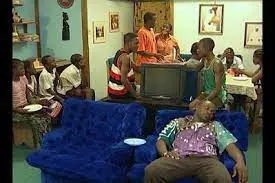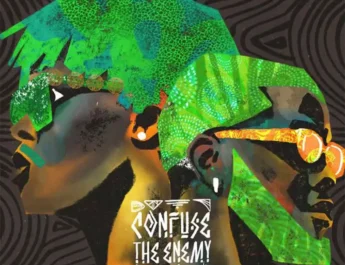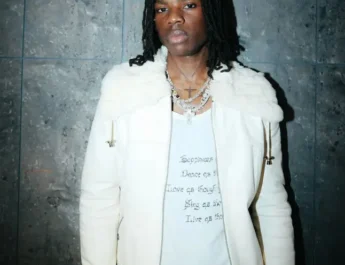Soap Operas have been around for a long time but what happened to them? Did the quality of local soaps drop?
![What Happened to Soap Operas in Nigeria? [Facebook]](https://www.pulse.ng/_next/image?url=https%3A%2F%2Fimage.api.sportal365.com%2Fprocess%2F%2Fsmp-images-production%2Fpulse.ng%2F02122024%2F2aa8a162-3c53-4dbf-a9cd-a3657baef0e3.jpeg&w=1920&q=75) What Happened to Soap Operas in Nigeria? [Facebook]
What Happened to Soap Operas in Nigeria? [Facebook]
Have you ever wondered what happened to our favorite Nigerian soap operas? Today, we’ll dive into the decline of soaps on Nigerian television.
Once the kings of Nigerian TV, soap operas ruled the airwaves from the late ’80s to the early 2000s, becoming an unmissable part of family life. Families would gather around the TV to watch gripping stories of love, betrayal, ambition, and heartbreak unfold in iconic shows like Super Story, Fuji House of Commotion, and So Wrong, So Wright. These dramas were more than just entertainment—they set trends, sparked conversations, and shaped the cultural narrative of the time.
However, today, the golden era of Nigerian soap operas seems like a distant memory. The big question is: What happened? Have soap operas, once the backbone of Nigerian television, lost their appeal? Or has the audience simply moved on to something else?
While production quality might not have been as polished as today’s standards, these soaps were beloved for their compelling storytelling, unforgettable characters, and actors who brought authenticity to their roles. Who could forget the drama and chaos of Fuji House of Commotion?
The Decline: What Went Wrong?
Fast forward to today, and Nigerian soap operas look quite different. While a few long-running shows like Tinsel are still around, many others have either disappeared or lost their appeal. Here are a few possible reasons for this decline:
Shift in Audience Preferences
Today, audiences have an overwhelming amount of content at their fingertips, from streaming platforms to international TV shows. Compared to glossy Netflix dramas or the fast-paced energy of reality TV, traditional soap operas can feel slow or outdated. As tastes evolve, so does the demand for content that feels fresher and more dynamic.
Budget Constraints
In the past, soap operas were a priority for Nigerian TV stations, which allocated significant budgets to their production. Now, with the rise of big-budget movies and high-concept TV series, soaps often struggle with underfunding. This leads to rushed scripts, lower production values, and uninspired performances—factors that make it hard for soap operas to compete in today’s entertainment landscape.
Competition from Streaming Services
The rise of streaming platforms like Netflix, Prime Video, and Showmax has made it easier for Nigerian audiences to access high-quality content from around the world. Local soap operas, traditionally aired on TV, now find themselves competing with the polished productions of global streaming giants. However, some platforms, like Showmax, have acquired shows like Tinsel, helping to keep the genre alive in a new format.
The Rise of Nollywood
As Nollywood grew into a global powerhouse, the focus shifted to producing films and series with a more cinematic appeal. Many of the talented writers, directors, and actors who once worked in soaps transitioned to Nollywood films or streaming series, leaving a gap in the soap opera talent pool.
Are Nigerian Soap Operas Truly Dead?
While soap operas may no longer dominate Nigerian television as they once did, it would be unfair to declare them entirely dead. Rather, they’ve evolved, but not always in ways that fans have appreciated. Shows like Tinsel have tried to adapt with updated formats and modernized storytelling, keeping the genre relevant for today’s audience.
The way we consume content has changed, but the emotional power of a good soap opera remains timeless. For Nigerian soaps to thrive again, they’ll need to find a balance between modernizing their approach to meet the expectations of today’s audience, while retaining the core authenticity that made them so special in the first place.






